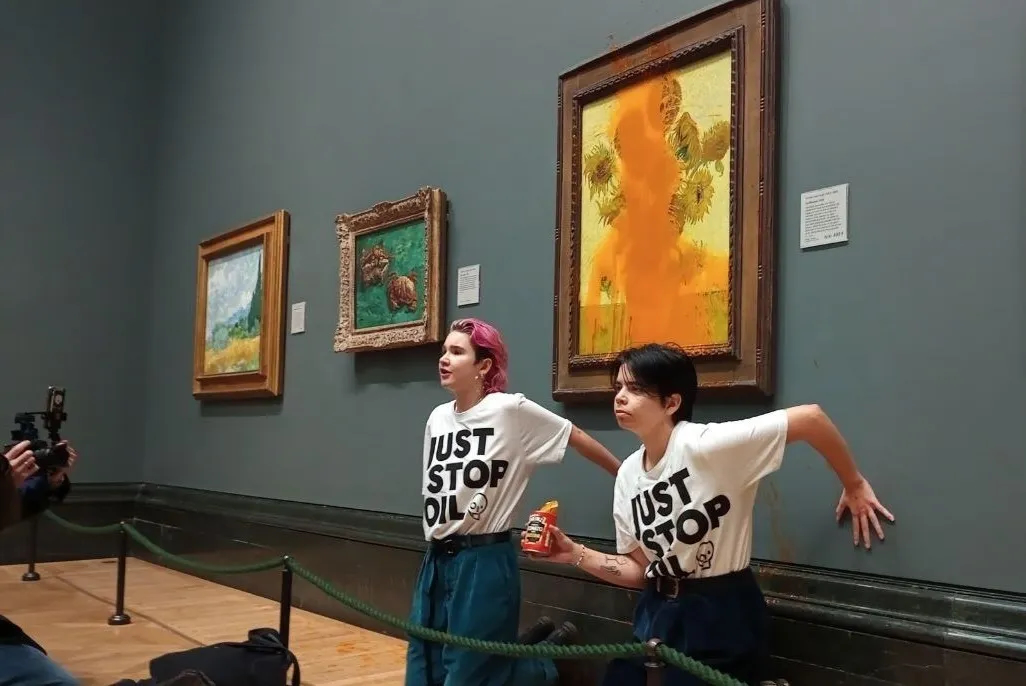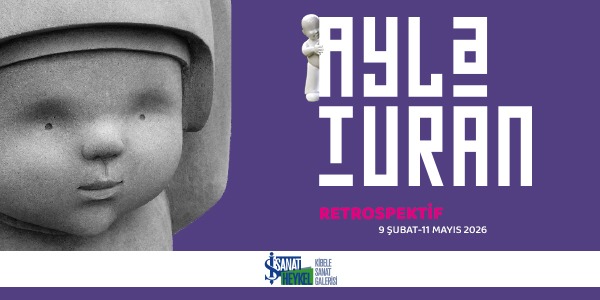In an open letter signed by over 100 artists, curators, and art historians, the art world has united to plead for leniency in the case of Phoebe Plummer and Anna Holland—Just Stop Oil protesters who famously threw cans of tomato soup at Van Gogh’s Sunflowers at the National Gallery in October 2022. The incident, intended to spotlight the UK government’s fossil fuel policies, left the artwork unharmed but caused damage to the antique frame, resulting in criminal charges and a conviction for the two activists.
As their sentencing looms, Judge Christopher Hehir has warned the two 22-year-olds to brace themselves for prison. However, signatories of the letter, including figures like Fiona Banner and Tania Bruguera, argue that the protest was part of a long-established tradition of “creative iconoclasm” in art. Drawing parallels to movements like Futurism and Dadaism, the letter emphasizes that acts of artistic disruption—though provocative—often find their place in the history books. The group urges the court to recognize the cultural and historical resonance of Plummer and Holland’s actions, rather than resort to punitive measures.
The protest, which coincided with a surge in viral attention, called out the UK government’s continued support for fossil fuel projects and subsidies. For Plummer and Holland, the act was about more than art—it was a bold attempt to link climate activism with the broader conversation around energy, cost of living, and the environment. As the art world watches closely, the case raises pressing questions about where activism ends and art begins.









